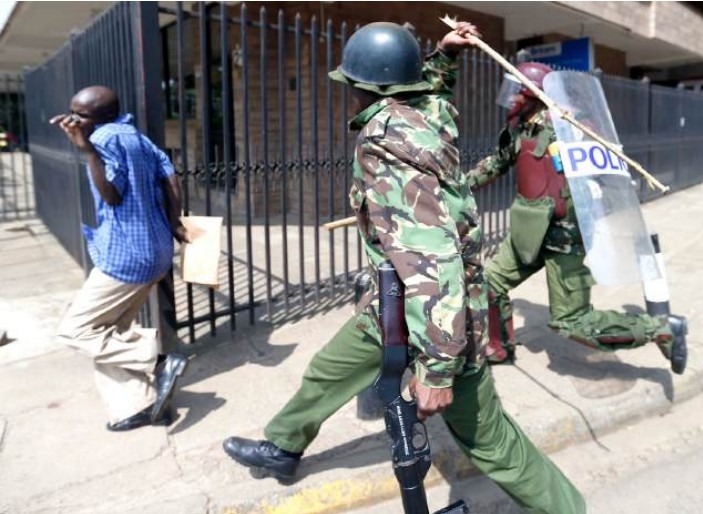Rising Lake Victoria's waters have displaced more than 1,000 families in Homa Bay.
The backflow of waters is already having a negative economic effect on people who depend on the lake for fishing.
Some of the most affected are people living in beaches along the lake and others who live and work in islands.
In Remba Island, Suba North constituency, more than 60 families have been displaced and have nowhere to go.
The fishing community on the island is now worried that the ever increasing water levels will submerged the island.
Homa Bay executive for Agriculture Aguko Juma and the county beach management units (BMU) chairman Edward Oremo said the rising water levels are becoming a menace.
Juma said they are persuading residents in affected islands to accommodate their colleagues who are displaced.
Addressing journalists at Mbita point in the constituency on Saturday, he said the water has already displaced than 800 families living along the lake.
More than 95 beaches have been affected across the county.
“The situation is a threat to humanity because islands get submerged with house structures. Relocation of people promotes overcrowding, which is against social distance guidelines for contracting coronavirus,” Juma said.
Remba is a rocky island located a few kilometers from the Kenyan-Uganda border.
Currently, the island has a population of more than 6,000 people.
Juma said they are working with the national government to evacuate people from the island should the water levels continue to rise.
“We don’t know when the water will stop rising since there is still rain and excess water flow from rivers into the lake. We should organize and evacuate the families under threat to other areas,” Juma said.
He said they are monitoring the situation and will give necessary advice to the county and national governments on the best action to take and save the families.
Increased water levels have also impacted on the production of fish in the lake in Homa Bay.
The county has more than 56 per cent of the lake water in Kenya.
Juma said fish production has reduced because some fishermen have abandoned fishing over loss of landing sites.
He said fishing boats cannot dock in most beaches like in the past.
“Landing sites have now been moved to areas that had dry land. Some of the areas damage boats,” he said.
Of the 147 beaches along the lake, 135 active beaches have been affected by the increased water levels.
Oremo and Mbita town BMU chairman John Lamo said beaches in Islands are the worst affected because their boat landing sites are surrounded by water.
Some of the fishing islands in Homa Bay include Remba, Ringiti, Takawiri, Kiwa, Mfangano and Rusinga.
Oremo said the situation is likely to promote conflicts between fishermen and residents living along the lake especially when fishermen decide to encroach on dry land.
“We have received complaints that some fishermen have turned private lands into landing sites. There are conflicts because some crops get destroyed,” Oremo said.
Lamo said the rise in water levels have also affected fishing activities such as weighing and cold storage of fish.
“Some of the cold storage facilities built near the lake have been flooded by water. The facilities are deserted,” Lamo said.
The fishermen appealed to the national government to help them mitigate the problems.
















